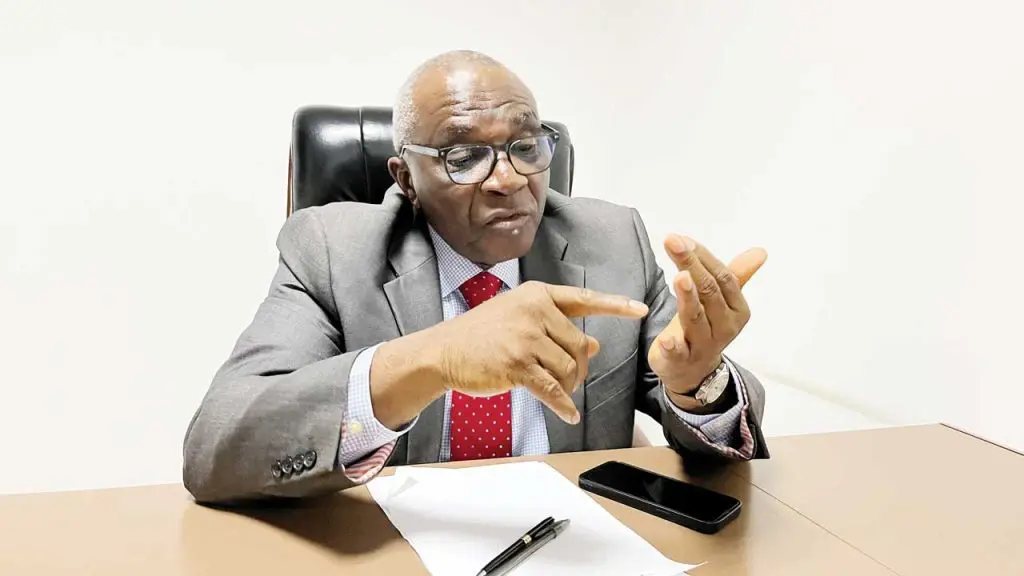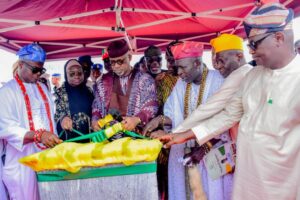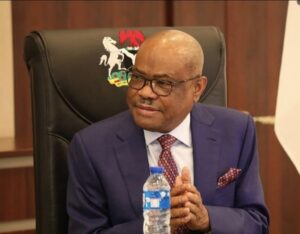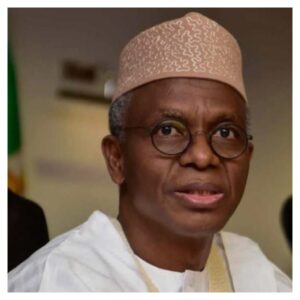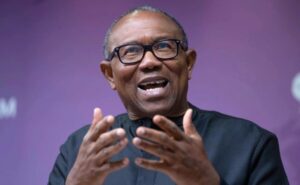The Presidency has responded to a New York Times report that criticized Nigeria’s economy as being in its worst state in a generation. Bayo Onanuga, Special Adviser to the President on Information and Strategy, reacted on Sunday, stating that the report was biased and failed to acknowledge the positive steps being taken.
Onanuga argued that the report, written by Ruth Maclean and Ismail Auwal, unfairly blamed the new administration for the current economic woes. He emphasized that President Bola Tinubu, who took office at the end of May 2023, inherited these problems.
The adviser pointed out that Tinubu did not create the economic issues but inherited them. He likened the economy to a patient needing urgent surgery to avoid a total collapse, similar to what happened in Zimbabwe and Venezuela.
Onanuga explained that the government decided to abolish the fuel subsidy and unify multiple exchange rates to address long-standing issues. He noted that the fuel subsidy cost Nigeria $84.39 billion between 2005 and 2022, money that could have been used for infrastructure and social services.
The state oil firm, NNPCL, had accumulated trillions of Naira in debt due to unsustainable subsidy payments. By the time Tinubu took office, there was no budget provision for fuel subsidies beyond June 2023. Most of the national revenue was used to service debt, leaving little for other expenses.
Onanuga described how the government previously spent $1.5 billion monthly to keep the exchange rate low, leading to arbitrage and reduced foreign investment. Tinubu’s administration ended the subsidy and floated the naira to stabilize the economy.
Despite initial challenges, the exchange rate is improving, and Nigeria recorded a trade surplus in the first quarter. Investment is returning, and the World Bank has extended a significant loan to Nigeria. These reforms are restoring confidence in the economy.
The government is working to reduce inflation, particularly food inflation, by boosting agricultural production. Initiatives include dry-season farming and distributing fertilizers to farmers. State governments are also selling food at lower prices to help residents.
Onanuga pointed out that Nigeria is not alone in facing a cost-of-living crisis. He noted that the USA and Europe are experiencing similar issues. The Tinubu administration is working hard to solve Nigeria’s economic problems.
Despite current challenges, Onanuga expressed optimism that Nigeria would overcome its economic difficulties, just as it has in the past.
